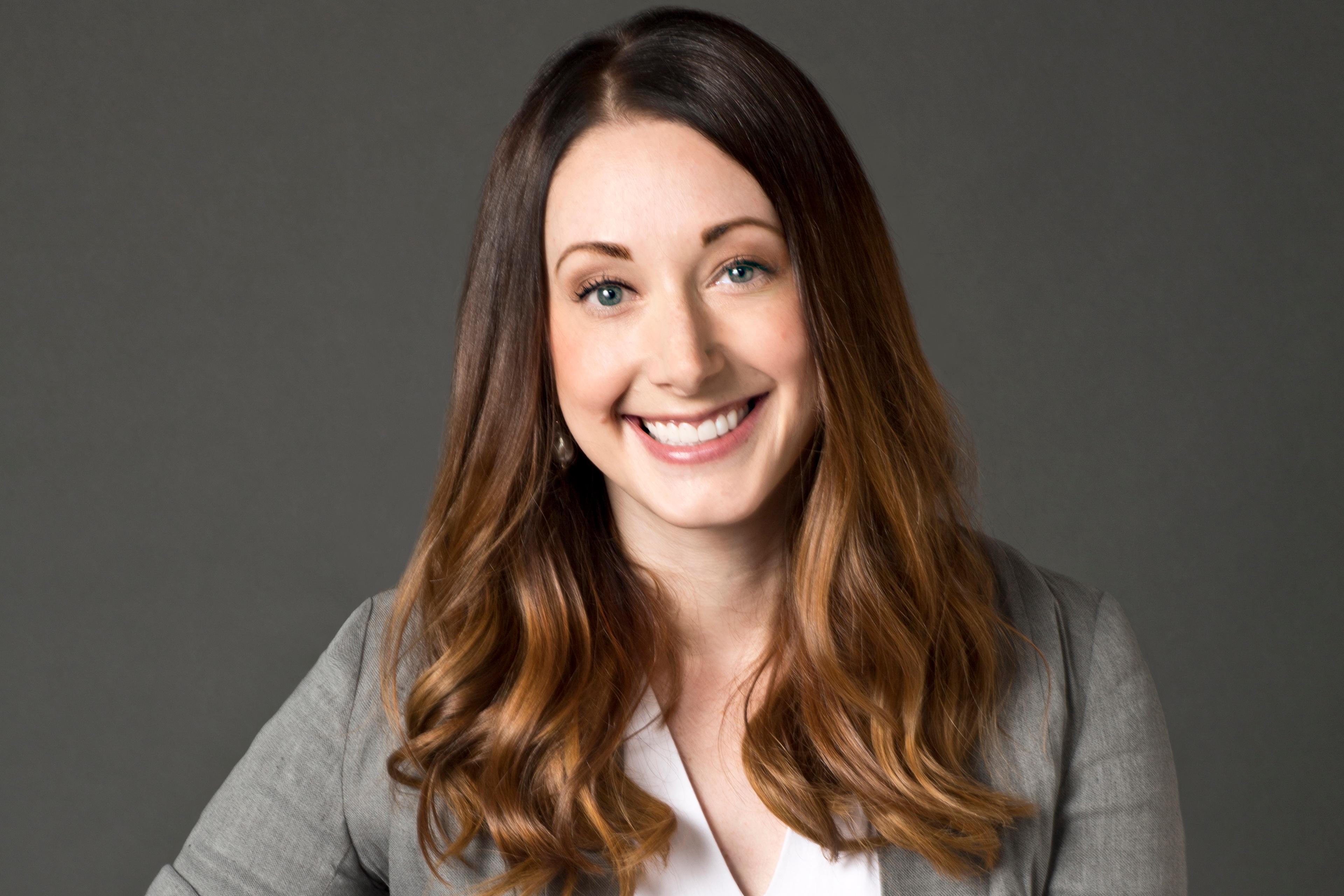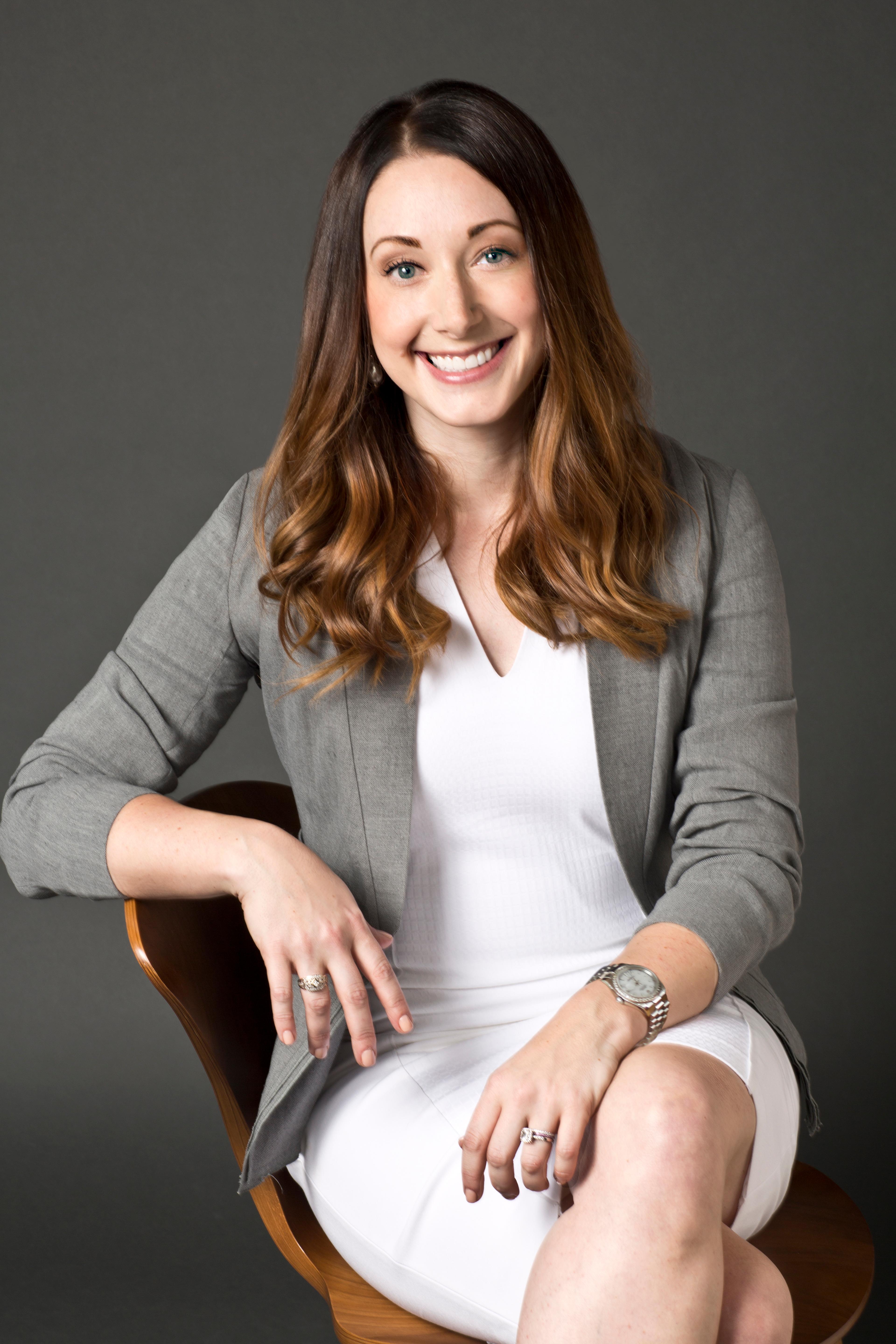

Eurich, a New York Times best-selling author and organizational psychologist living in Denver, says only 15 percent of us are truly self-aware. Why is that important? Because the more accurate your self-image is, the happier and more successful you'll likely be, she says.
The good news is self-awareness is learnable, and that's the subject of her book "Insight."
"In my research, I call self-awareness the meta-skill of the 21st century," Eurich says. "There is basically not a positive outcome that self-awareness can't be traced back to. People are happier, they're more confident, they're more fulfilled, they're better communicators and they have stronger relationships. They're really just able to live the life they want to live and are more successful at work."
And the reason we're not great at self-awareness? Eurich says it's evolutionary.
"At any given moment, you're receiving 11 million pieces of information from your environment," Eurich says. "And research has shown that we can only process about 45 of them at a time. So what our brains have done is evolved to tune out a lot information that's not only going on in our environment, but also in us. So we've evolved to maybe not be aware of all the thoughts and the feelings that's going on in that moment."
Three Tips
There’s a wonderful Chinese proverb that says: “When the winds of change rage, some build shelters while others build windmills.” Where most people choose to hide or run for cover, the highly self-aware use their experiences to help power and fuel their self-knowledge. In particular, our research shows that they have a unique ability to recognize and learn from what I call alarm clock events: situations that open our eyes to important self-truths. Sometimes, alarm clock events boost our internal self-awareness by helping us see ourselves in a new or different light; other times, they give us new data on how we’re coming across to the outside world.
1: New roles or rules
When we are asked to play a new role at work or in life, or play by a new set of rules, it stretches our comfort zone and demands more from us, and therefore can supercharge our self-knowledge. At work, for example, this can be things like job changes, promotions, reassignments, new responsibilities, or joining a new group or organization. In particular, our first leadership experiences are especially ripe opportunities for insight -- in fact, when the American Management Association surveyed 700-plus CEOs, they saw these early formative experiences as the most impactful learning events of their careers.
But it’s not just work situations that challenge us with new roles and rules. The same is true in other parts of life: leaving home for college, taking on a new role in a community organization, starting a new romantic relationship, or becoming a parent. And again, the most powerful insights can often come from early experiences. For instance, Stanford researcher Seana Moran has found that when a young person has made dramatic gains in self-knowledge, it’s often the result of a situation that “challenges values or norms which may have been unreflectively accepted from family and culture.”
2. Earthquakes
Earthquake events, because of their significance and severity, shake us to our core. Examples might be the loss of a job, the death or illness of a loved one, a divorce or the end of a significant relationship, or any serious failure or setback. Because earthquake events are so life-shattering, they all but force us to confront the truth about ourselves. I know someone whose husband abruptly left her, claiming that she was emotionally unavailable. She was crushed; yet she had no choice other than to face this emotionally devastating reality. It led her down a path to better understand how she was behaving -- and how that behavior was getting in her way -- which ultimately served her in all her relationships, romantic or otherwise.
But by definition, earthquake events also run the risk of paralyzing us, suppressing our emotional agility and making it that much harder to absorb what we’ve learned about ourselves, much less channel it productively. As management professor Morgan McCall observes, the emotionally laden nature of these situations tempts us to distance ourselves from them: we may get defensive, blame others, become more cynical, overcompensate, shut down, or give up. Luckily, there are steps we can take to protect against this. Our first task, as McCall and his colleagues advise, “is absorbing the suffering rather than reacting to it.”
Susan, for example, could have continued to blame her boss and remain in denial about her role in her dismissal. But just when she most wanted to react to the situation, she instead chose to understand it. However, absorbing the truth isn’t enough; we have to put that insight into action, not just owning our mistakes and limitations but also committing to correcting them.
3. Everyday insight
One common assumption about self-awareness is that it’s only earned through dramatic, earth-shattering events -- but this couldn’t be further from the truth. Surprisingly, by a margin of two to one, highly self-aware people reported having gained the most insight from more mundane situations. They mentioned instances when they suddenly saw their behavior in a new light, whether it was through an overheard conversation, an offhand comment, or even a bit of unexpected recognition. Others cited developmental experiences at work, like leadership programs, 360 reviews, and so on. Some unicorns even found “aha” moments in the midst of the most ordinary, even boring, daily activities, like exercising or cleaning.
Shortly after Susan graduated from college, for example, she and her best friend were moving into their first apartment. When they were unpacking their kitchen, Susan remembers her outrage upon noticing that her friend had stacked their plastic cups in front of the glass ones in the cupboard. “No one should drink out of plastic glasses!” she huffed. Hearing the way she came across in that moment, Susan realized, I am having an outsized reaction to something that isn’t important. Why am I being so controlling? In that moment, she was able to see herself from a slightly different perspective, and it produced a big insight that was about far more than plastic cups.
I see our findings on everyday insights as very good news: in a nutshell, we’re just as likely to earn self-knowledge during the course of our daily lives as we are during more challenging times. But in both cases, our unicorns didn’t just sit around and wait for self-awareness to strike—they built windmills, turning new information into energy to effect real and lasting change.









